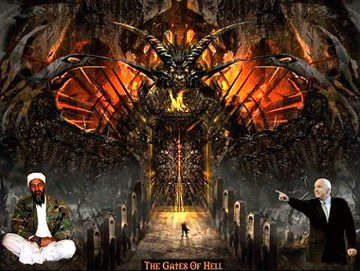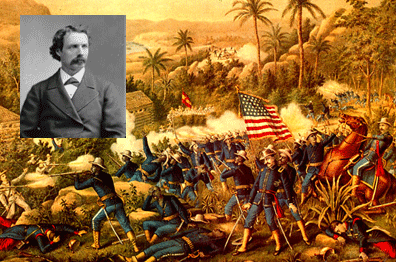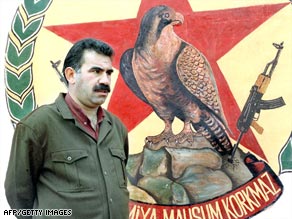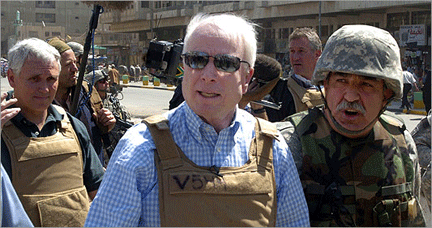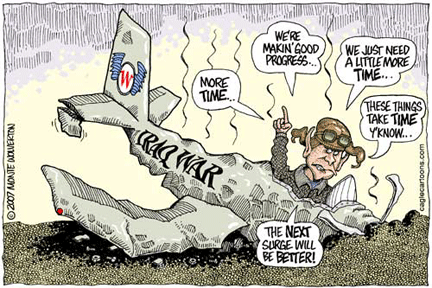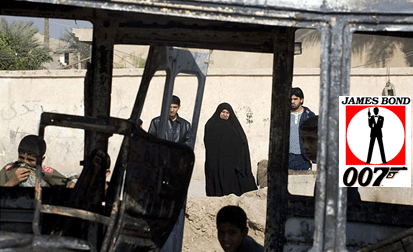
Iraqis with the remains of a minibus hit by a roadside bomb on Monday morning in Baghdad: Joao Silva for The New York Times
There are those decisive moments when something important or historic or even catastrophic happens. These are the things historians chronicle and poets bemoan. Then there is the universal act of killing time, the boring drudgery of day-to-day life but the kind of mundane routine we all long for after the unsought catastrophes. Thomas Friedman in a Saturday op-ed views the current economic crisis as a WMD dug up in our own backyard, a danger so potent that the January inaugural might be best moved up to Thanksgiving, killing two birds (a sacrificial turkey and a lame duck) with one bold act. President-elect Obama is hardly killing time, as his proposed cabinet appointees are press-conferenced to the nation in rapid-fire progression. Time in the larger sense is mercifully short, unless it stops completely in one of those mortality shocks that deadens any sense of time.
Like Monday in Baghdad, where killing time has been the rule both before and after the fall of Saddam Hussein. Continue reading Killing Time


